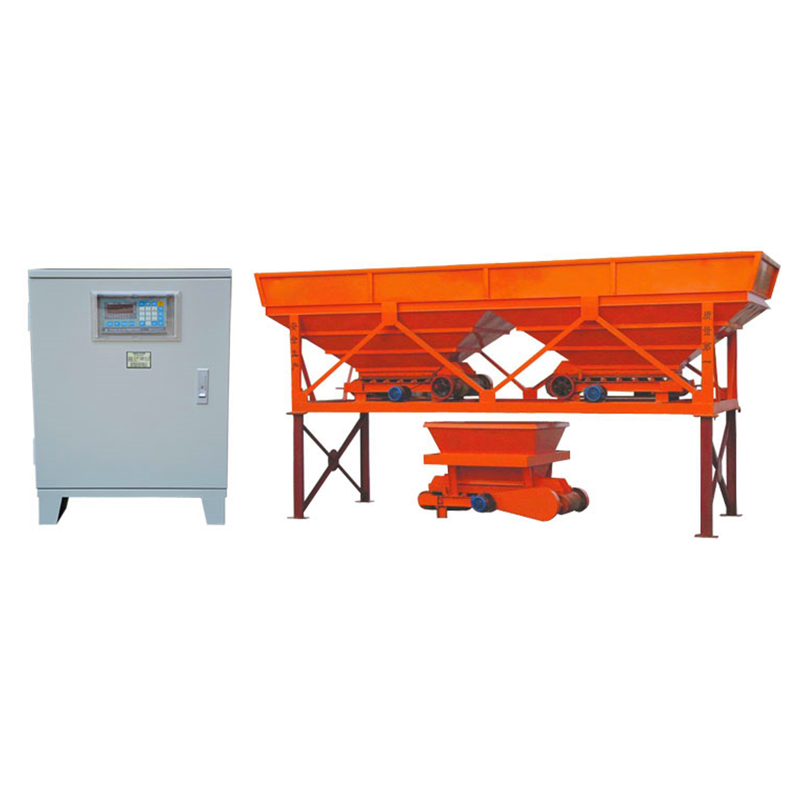In industries ranging from food processing to chemical manufacturing, batching scales play a pivotal role in ensuring precise measurements and consistent product quality. As technology continues to advance, the future of batching scales is poised for significant transformation. This blog explores the emerging trends shaping the future of batching scales, including automation, customization, and flexibility, and their implications for efficiency and innovation in industrial processes.
Automation Revolutionizing Batching Scales:
Automation is revolutionizing industrial processes, and batching scales are no exception. The future of batching scales lies in automation technologies that streamline operations, enhance accuracy, and improve productivity. Automated batching systems leverage sensors, actuators, and control algorithms to precisely measure and dispense materials, reducing human error and variability. Integration with programmable logic controllers (PLCs) and supervisory control and data acquisition (SCADA) systems enables real-time monitoring, data analysis, and process optimization, leading to increased efficiency and consistency.
Customization for Diverse Applications:
In today's dynamic market landscape, manufacturers require batching scales that can adapt to diverse product formulations, packaging requirements, and production schedules. The future of batching scales involves customizable solutions tailored to meet specific industry needs and application requirements. Advanced software algorithms and modular design principles allow for seamless customization of batching systems, enabling manufacturers to configure scales according to their unique specifications. From recipe management and ingredient tracking to batch traceability and reporting, customizable batching scales empower manufacturers to optimize processes and meet evolving market demands.
Flexibility Driven by Modular Design:
Flexibility is a cornerstone of modern manufacturing, and batching scales are evolving to offer greater flexibility and scalability. The future of batching scales lies in modular design architectures that enable easy integration, expansion, and reconfiguration to accommodate changing production needs. Modular batching systems consist of interchangeable components that can be added, removed, or reconfigured as needed, providing scalability and adaptability for future growth. Whether expanding production capacity, integrating new equipment, or transitioning to different product lines, modular batching scales offer the flexibility to meet evolving business requirements while minimizing downtime and capital investment.
Integration of Advanced Technologies:
The future of batching scales is characterized by the integration of advanced technologies that enhance performance, efficiency, and sustainability. From sensor technologies and machine learning algorithms to Internet of Things (IoT) connectivity and predictive analytics, next-generation batching scales leverage cutting-edge technologies to optimize processes and improve decision-making. Real-time data insights enable predictive maintenance, energy optimization, and quality control, empowering manufacturers to achieve higher levels of operational excellence and sustainability.
Conclusion:
The future of batching scales is poised for transformation, driven by automation, customization, and flexibility. As manufacturers seek to optimize processes, improve product quality, and meet evolving market demands, advanced batching scales will play a pivotal role in driving innovation and efficiency in industrial operations. By embracing automation technologies, customization capabilities, and modular design principles, manufacturers can unlock new opportunities for growth, sustainability, and competitive advantage in the rapidly evolving landscape of modern manufacturing.

